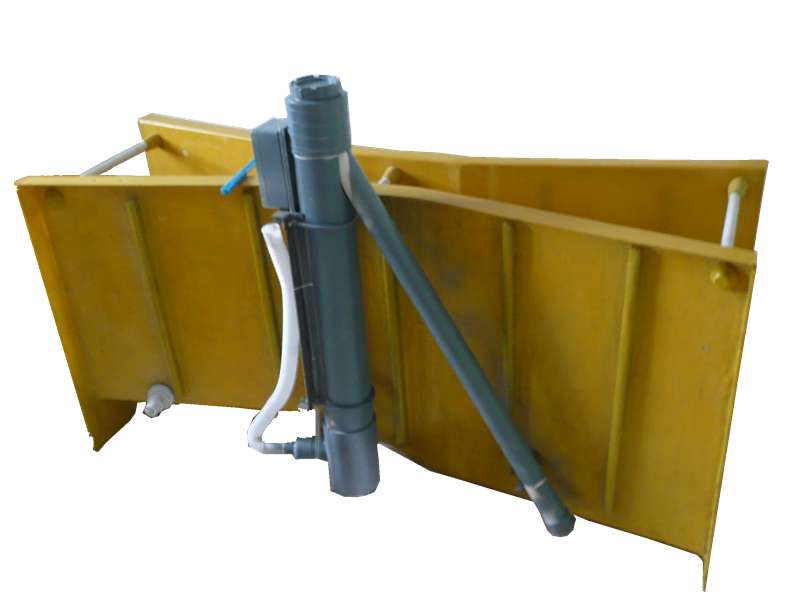
-
 Afrikaans
Afrikaans -
 Albanian
Albanian -
 Amharic
Amharic -
 Arabic
Arabic -
 Armenian
Armenian -
 Azerbaijani
Azerbaijani -
 Basque
Basque -
 Belarusian
Belarusian -
 Bengali
Bengali -
 Bosnian
Bosnian -
 Bulgarian
Bulgarian -
 Catalan
Catalan -
 Cebuano
Cebuano -
 China
China -
 China (Taiwan)
China (Taiwan) -
 Corsican
Corsican -
 Croatian
Croatian -
 Czech
Czech -
 Danish
Danish -
 Dutch
Dutch -
 English
English -
 Esperanto
Esperanto -
 Estonian
Estonian -
 Finnish
Finnish -
 French
French -
 Frisian
Frisian -
 Galician
Galician -
 Georgian
Georgian -
 German
German -
 Greek
Greek -
 Gujarati
Gujarati -
 Haitian Creole
Haitian Creole -
 hausa
hausa -
 hawaiian
hawaiian -
 Hebrew
Hebrew -
 Hindi
Hindi -
 Miao
Miao -
 Hungarian
Hungarian -
 Icelandic
Icelandic -
 igbo
igbo -
 Indonesian
Indonesian -
 irish
irish -
 Italian
Italian -
 Japanese
Japanese -
 Javanese
Javanese -
 Kannada
Kannada -
 kazakh
kazakh -
 Khmer
Khmer -
 Rwandese
Rwandese -
 Korean
Korean -
 Kurdish
Kurdish -
 Kyrgyz
Kyrgyz -
 Lao
Lao -
 Latin
Latin -
 Latvian
Latvian -
 Lithuanian
Lithuanian -
 Luxembourgish
Luxembourgish -
 Macedonian
Macedonian -
 Malgashi
Malgashi -
 Malay
Malay -
 Malayalam
Malayalam -
 Maltese
Maltese -
 Maori
Maori -
 Marathi
Marathi -
 Mongolian
Mongolian -
 Myanmar
Myanmar -
 Nepali
Nepali -
 Norwegian
Norwegian -
 Norwegian
Norwegian -
 Occitan
Occitan -
 Pashto
Pashto -
 Persian
Persian -
 Polish
Polish -
 Portuguese
Portuguese -
 Punjabi
Punjabi -
 Romanian
Romanian -
 Russian
Russian -
 Samoan
Samoan -
 Scottish Gaelic
Scottish Gaelic -
 Serbian
Serbian -
 Sesotho
Sesotho -
 Shona
Shona -
 Sindhi
Sindhi -
 Sinhala
Sinhala -
 Slovak
Slovak -
 Slovenian
Slovenian -
 Somali
Somali -
 Spanish
Spanish -
 Sundanese
Sundanese -
 Swahili
Swahili -
 Swedish
Swedish -
 Tagalog
Tagalog -
 Tajik
Tajik -
 Tamil
Tamil -
 Tatar
Tatar -
 Telugu
Telugu -
 Thai
Thai -
 Turkish
Turkish -
 Turkmen
Turkmen -
 Ukrainian
Ukrainian -
 Urdu
Urdu -
 Uighur
Uighur -
 Uzbek
Uzbek -
 Vietnamese
Vietnamese -
 Welsh
Welsh -
 Bantu
Bantu -
 Yiddish
Yiddish -
 Yoruba
Yoruba -
 Zulu
Zulu
fiberglass pipes and fittings for ship building
Fiberglass Pipes and Fittings for Shipbuilding
In the maritime industry, the choice of materials is critical to ensuring the durability, safety, and efficiency of vessels. One of the most innovative materials that has garnered significant attention in recent years is fiberglass, specifically fiberglass pipes and fittings. These components are increasingly being utilized in various aspects of shipbuilding, offering a range of advantages over traditional materials such as steel or plastic.
Fiberglass, or glass-reinforced plastic (GRP), is created by combining glass fibers with resin, resulting in a composite that possesses unique mechanical properties. When it comes to shipbuilding, fiberglass pipes are particularly advantageous due to their lightweight nature. This reduction in weight is crucial, as it contributes to overall fuel efficiency and reduces the vessel's carbon footprint. Furthermore, lighter materials can enhance the vessel's speed and maneuverability, making them an attractive choice for modern ship designs.
Another significant advantage of fiberglass pipes and fittings is their corrosion resistance. Traditional metals, while strong, are susceptible to rust and other forms of corrosion when exposed to seawater and harsh marine environments. In contrast, fiberglass exhibits excellent resistance to such environmental factors, which translates to lower maintenance costs and longer service life. This property makes fiberglass an ideal choice for applications involving water transport, such as piping systems for ballast water management, fresh water supply, and waste management.
fiberglass pipes and fittings for ship building

Moreover, the chemical resistance of fiberglass allows these pipes and fittings to be used in various applications beyond simple fluid transport. They can effectively handle aggressive chemicals encountered in marine environments, making them suitable for cargo tanks, bilge systems, and more. Additionally, the smooth interior surface of fiberglass pipes minimizes friction losses and helps maintain the efficiency of fluid transport.
The installation of fiberglass pipes is also more straightforward compared to their metal counterparts. The lightweight nature of fiberglass allows for easier handling and reduces installation costs. Adhesive joints used in fiberglass fittings can provide a leak-proof seal, further contributing to the reliability of the systems they are part of.
In conclusion, the use of fiberglass pipes and fittings in shipbuilding represents a significant advancement in materials technology. Their lightweight, corrosion and chemical resistance, as well as ease of installation, make them an excellent choice for a variety of applications across the maritime sector. As the industry moves toward more sustainable practices, the adoption of fiberglass materials may continue to grow, ensuring safer and more efficient vessels for the future.









